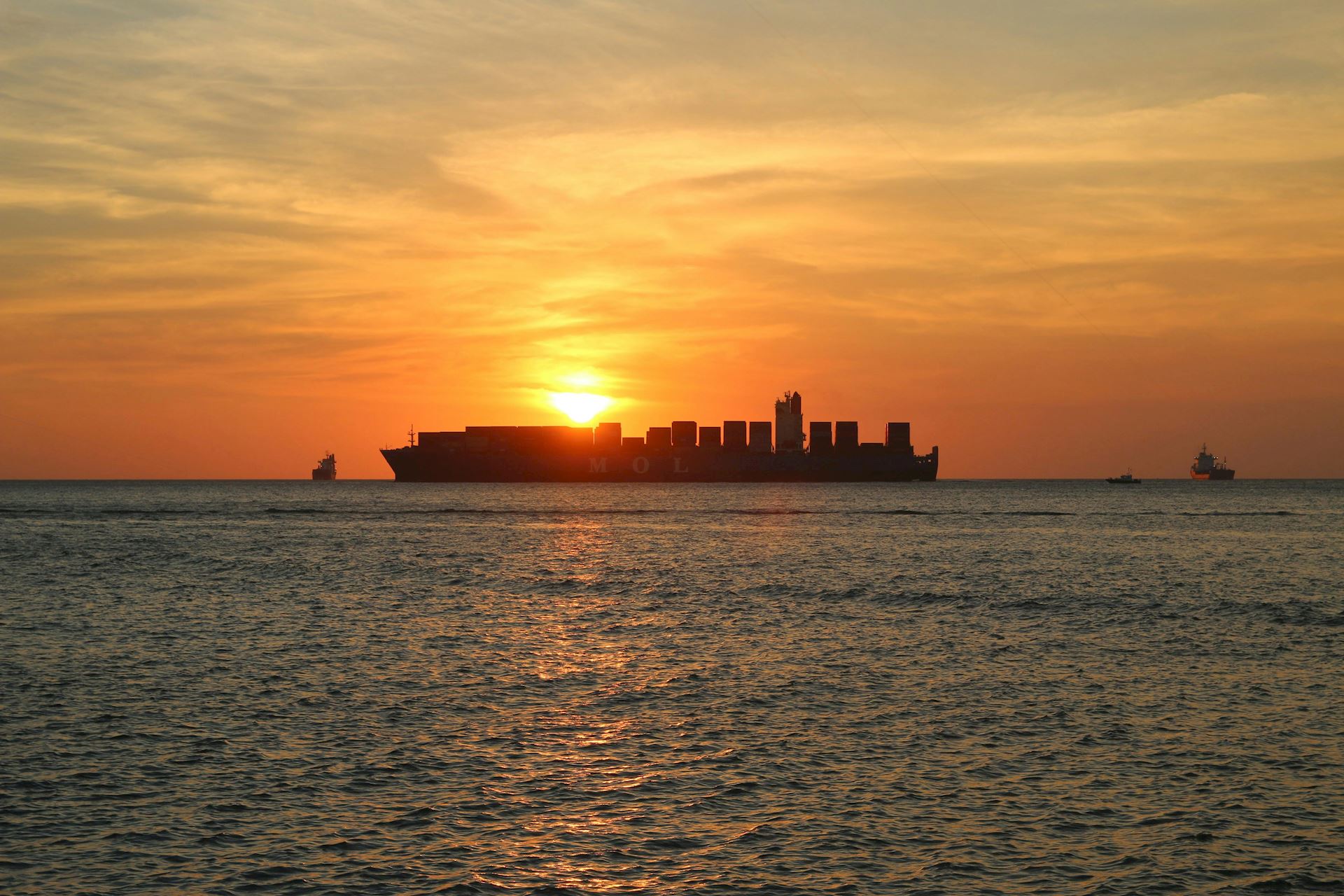Watch Keeping on Inmarsat C
- Watch Keeping on Inmarsat C: Hai Phong LES is on duty 24/7, receiving and processing emergency alerts sent from Inmarsat-C terminals on ships.
|
Channel/frequency
|
Inmarsat-C System
|
|
Service Area
|
APAC (POR)
|
|
Language
|
English
|
Watch keeping on RTP
VHF RTP (Radio Telephony) is a two-way radio transmission/receiving system used for ship-to-ship and ship-to-shore voice communications. VHF radio voice equipment is one of the mandatory equipment to be equipped on board ships according to GMDSS, used for emergency alerts, on-sence information or navigation in seaport waters.
When a ship is in distress in seaport waters or in sea area A1, seafarers call for distress on channel 16 VHF to the nearest radio station and provide relevant information such as: name of the ship, nature of the accident, time of the accident, accident location, number of people on board, request for help, weather conditions at the scene...
Vietnam Coast Radio Station System keep watch 24/7 days, on channel 16 VHF.

Watch Keeping on DSC
Watch Keeping on DSC (Digital Selective Calling) and RTP (Radio Telephony): Coast Radio Station System constantly remain on call to receive and process distress alerts from seafaring ships and to ensure communication during search and rescue operations. Coast Radio Station System operates in two different modes:
|
|
DSC
|
RTP
|
|
Channel/ Freq
|
2187.5 kHz | 4207.5 kHz
6312 kHz | 8414.5 kHz
12577 kHz | 16804.5 kHz
70 VHF
|
16 VHF
|
|
Area
|
Areas A1, A2, A3, A4
|
Area A1
|
|
Language
|
English
|
Vietnamese, English
|
Watch Keeping on Cospas-Sarsat beacons
- Watch Keeping on Cospas-Sarsat beacons: VNLUT/MCC station is on duty 24/7, receiving and processing emergency alerts activated from Cospas-Sarsat buoys. Cospas-Sarsat buoys include 3 types:
- EPIRB is equipped for ships, vehicles, and structures at sea;
- Emergency Locator Transmitter (ELT) is equipped on aircraft;
- Personal Locator Beacons (PLBs), are equipped for individuals such as pedestrians, motorists, and land explorers.
|
Channel/ Freq
|
406 MHz
|
|
Service Area
|
VNMCC Responsibility Area
Global Responsibility Area
|
|
Language
|
English
|
MSI broadcasting on RTP
Vietnam Coast Radio Station System broadcasts Maritime Safety Information (MSI) to vehicles operating at sea by RTP on 16 VHF/18 VHF channels. Maritime Safety Information (MSI ) includes:
• Navigational warning (NAV): notices about setting up maritime signals, navigational channel parameters, dangerous obstacles at sea, notice of drills, firing live ammunition at sea...
• Meteorological warning (MET): warning information for hurricanes, tropical depressions, dangerous weather at sea...
• Weather forecast
• Search and Rescue Information (SAR)
MSI Broadcasting on Navtex and RTP
Broadcasting MSI on Navtex and RTP: Maritime Safety Information (MSI) includes marine weather forecasts, meteorological warnings, navigation notices, and information on Search and Rescue (SAR).
|
|
RTP
|
Navtex
|
|
Channel/frequency
|
16 VHF | 18 VHF
|
490 kHz | 518 kHz
4209.5 kHz
|
|
Service area
|
Sea Area A1
|
250 nautical mile radius from Navtex Station
|
|
Language
|
Vietnamese, English
|
Vietnamese
English
|
MSI Broadcasting on EGC
- Broadcasting MSI on EGC: HAIPHONG LES station broadcasts Maritime Safety Information (MSI) including marine weather forecasts, meteorological warnings, navigation notices, and information on Search and Rescue (SAR) to ships operating in the NAVAREA area via the Inmarsat-C system, using the EGC (Enhance Group Call).
LRIT service
- LRIT service: The long-range identification and tracking (LRIT) system receives and transmits information about ship identification and location. LRIT information is automatically transmitted via Inmarsat satellite every 6 hours from LRIT equipment installed on the ship. LRIT station provides LRIT information for the purpose of sensuring maritime safety, protecting the marine environment, and maritime search and rescue work.
|
Channel/frequency
|
Via Inmarsat satellite
|
|
Service Area
|
Vietnamese ships: Sea areas A1, A2, A3
Foreign ships: LRIT Vietnam information area
(range 1,000 nautical miles from the baseline)
|
|
Language
|
English
|
|
Equipment
|
LRIT
|